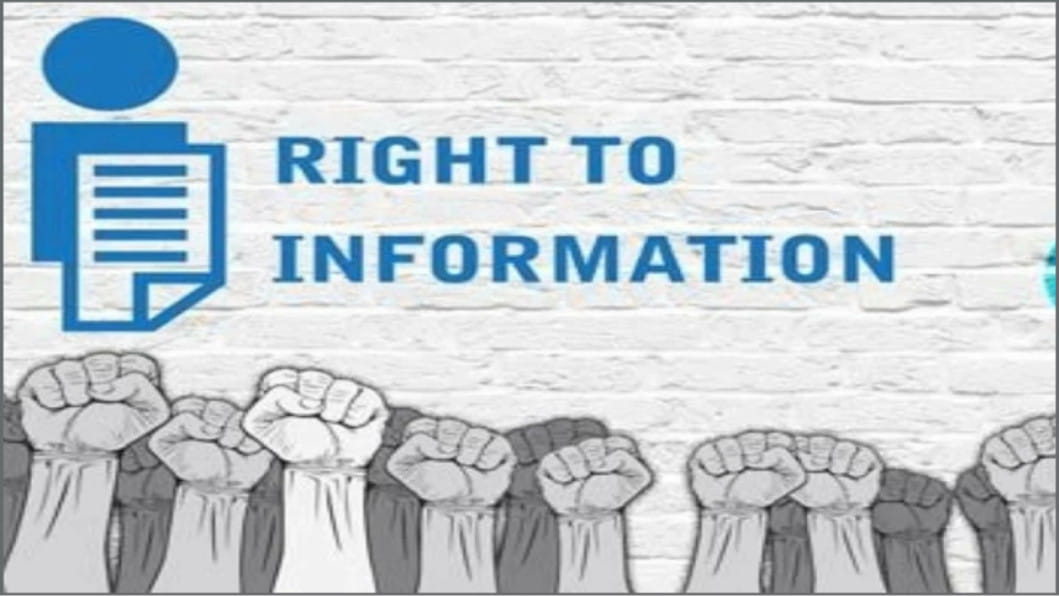Ask your party to commit to RTI

Bangladesh is in the throes of election fever, even though the next general elections are more than a year away. There is fear that the situation may become more tense and heated than the previous two elections. One way to cool down and professionalise the atmosphere would be to make the elections more issue-based. They should be contests in which political parties explain their respective positions on critical national issues to the voting public. One such issue is governance and the commitment of those seeking to govern the country.
Two laws form the basis for citizens to affect governance. First, the election laws which allow citizens once every five years to elect people to power, whom they trust to ensure better governance. Secondly, the Right to Information (RTI) Act, which empowers citizens to monitor the work of all public offices entrusted with day-to-day governance and ensure that they do so lawfully. We believe both are equally important. The RTI law complements election laws by providing a more permanent basis for citizens to intervene with the government on matters of governance. The forthcoming elections provide an opportunity to emphasise this aspect of RTI.
To begin with, RTI enthusiasts and citizen groups should demand that political parties declare their position on the subject.
The goal should be to engage the political parties in discussions regarding the revolutionary objectives of the law and the role they must play – should they form the next government. Are they committed to help the law reach its full potential without any hindrance? Will they ensure that public officials will respect the law and not restrict its application or abuse its provisions to frustrate its objectives?

The elections provide us an opportunity to look back over the years since the RTI Act was enacted in 2009, identify issues that slow progress and the measures required to correct them. This is a young law: 13 years is not a very long time for a law of such a nature to strike deep roots anywhere in the world. This law's objectives go against the grain of traditional governance practices employed globally. But societies must move towards openness; unless we pay attention to the challenges and learn to overcome them, progress will prove elusive.
Among all laws of the land, RTI is uniquely a people's law and only people can make it work. Governments have little or no incentive to do so since the ideal of the law is to bring them under people's control. There is a need to continually educate the public about the objectives of the law and help them articulate their demands to the political parties to commit themselves to its implementation.
The prevailing culture of governance in most countries is to foster secrecy as opposed to transparency. The general assumption is that ordinary citizens not only have no business in the affairs of the state, but those wanting to enquire into them must have illegitimate motives. In fact, this has been the experience of many in Bangladesh, leading them to abandon their RTI pursuits. Political parties must be asked to clearly state their positions to the public in this regard.
When Bangladesh adopted the law, the topic was not fully debated. The elections offer an opportunity to air out these concerns and objectives in public discourse.
As in many other countries, the RTI experience in Bangladesh has revealed many procedural difficulties citizens face to obtain information from public authorities. Many public officials use the law and its procedures to avoid responsibilities and to discourage and deny information requests from citizens. They fail to recognise that the law encourages citizens to seek information from public offices not for personal needs only, but also to advance public good.
Let's ask those seeking to form the next government to do their best to remove all impediments to the application of the RTI law and encourage public officials to respect its objectives. This should include keeping to the timelines foreseen in the law and not denying information requests without explanation.
Those standing for elections should also tell us whether they would be ready to provide the necessary support to the Information Commission, which is entrusted with the job of steering the law and resolving disputes between seekers and providers of information. Of particular importance would be to increase their capacity not only to take proper decisions, but also to articulate them judiciously to help the development of proper jurisprudence on the subject. Let's ask those we are voting for if they will commit to following the selection process for commissioners, and ensure that they have legal expertise and act with objectivity and neutrality.
Let's also remind election candidates that successfully implementing RTI is an essential element of Goal 16 of the SDGs, to which Bangladesh has committed itself fully. So far, there is little to show that we are doing well in that regard.
Finally, political parties must bear in mind that their commitment to better governance and a more effective RTI regime in the country would depend a great deal upon their ability to ensure rule of law, accountability, civil liberties, and political rights for the citizens. Let the next general elections focus more on these issues and help the nation tread the democratic path more confidently.
Dr Shamsul Bari and Ruhi Naz are chairman and assistant director (RTI), respectively, at Research Initiatives, Bangladesh (RIB).

 For all latest news, follow The Daily Star's Google News channel.
For all latest news, follow The Daily Star's Google News channel. 







Comments